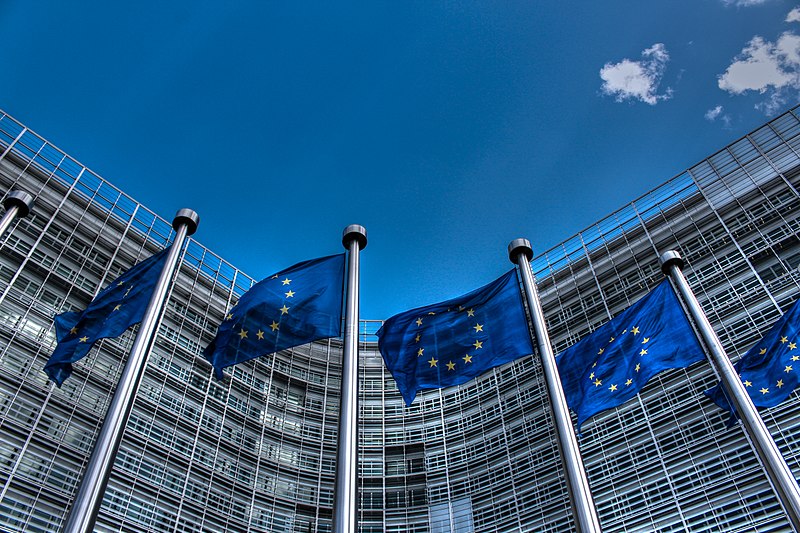The EU may not be a superpower but it holds a ‘power surplus’ when it comes to the trade-regulatory nexus. The strategic challenges posed by the deployment of this power surplus are the subject of this paper, which argues that in order to be a responsible regulatory power and positively influence the multilateral agenda, the EU needs to develop a coherent overall approach to the external dimension of its regulatory policies.
In this spirit, and in most cases, the EU would be ill advised to project itself as a model or to seek to ‘weaponise’ its regulatory powers in pursuit of unrelated foreign policy goals. Instead, it should wield this power to enhance the regulatory compatibility between its own and others’ jurisdictions through cooperation rather than relying on the passive market-based influence of the so-called Brussels effect. This is simply a way to be faithful to its core defining philosophy of legal empathy.
The CEPS Policy Insight by authors Ignacio Garcia Bercero and Kalypso Nicolaïdis offers a typology of different forms of external EU regulatory impact, a discussion of the risks of either underuse or overuse of the regulatory power surplus, and considers the ‘good global governance’ model implied by a principled geopolitical role. It moves on to discuss a unifying conceptual framework to encompass this approach, under the umbrella of ‘managed mutual recognition’ as the operationalisation of legal empathy. It concludes with six specific suggestions as to how the EU can best exercise its regulatory power through a closer integration of trade and regulatory policies.
Download the full publication here
This paper can also be found at the European University Institute as a School of Transnational Governance Policy Report.


